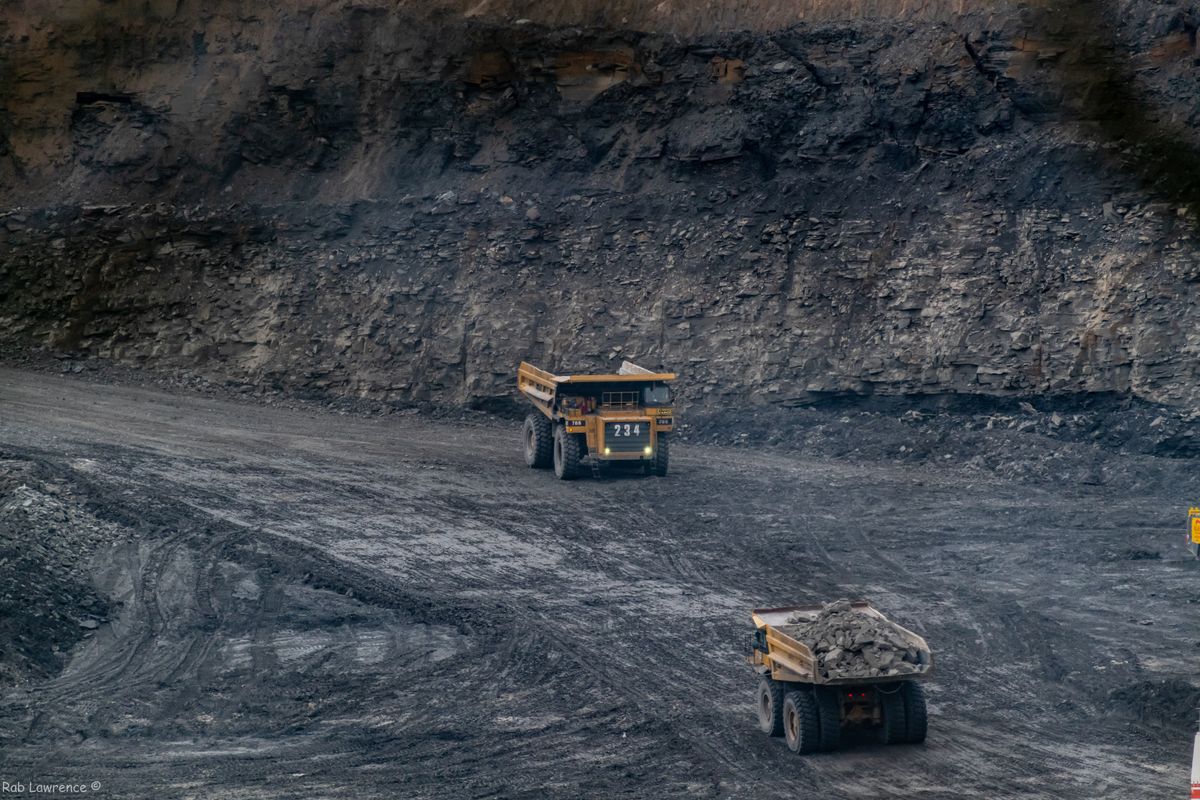China Ends All Restrictions on Australian Coal Imports

The Lede: China has lifted restrictions on Australian coal imports, marking an end to trade restrictions that were imposed in late 2020 as tensions escalated between the two nations.
What we know:
- Earlier this year China permitted three state-owned power utilities and a steelmaker to resume sourcing coal from Australia, leading to bulk carriers bound for Chinese ports returning to one of the biggest terminals, signaling the ease of the unofficial ban.
- Sources familiar with the matter, who preferred to remain anonymous due to the information not being public, told Bloomberg that ports and customs offices have been instructed to permit the cargoes.
- The National Development and Reform Commission, which serves as China’s economic planning agency has not commented on the issue yet.
The background: China imposed unofficial restrictions on Australian coal imports in late 2020 in response to a deterioration in bilateral relations between the two major economies. The tensions were fueled by Australia's support for an international inquiry into the origins of the COVID-19 pandemic, as well as its vocal criticism of China's human rights record and its growing military assertiveness in the Indo-Pacific region.
To make up for the 80 million tons of coal it used to import from Australia before the ban, China has turned to other countries like Indonesia, Russia, and Mongolia, resulting in an increase in its coal imports from 300 million tons in 2019 and 2020 to 320 million tons in 2021, according to the Diplomat. While these replacement suppliers have largely fulfilled China's needs, it has also addressed its energy shortage by generating more electricity from thermal power, solar farms, and wind farms within its own borders, resulting in significant improvements in energy supply at the end of 2022.
Global trade patterns shifted after China imposed a complete ban and Australian coal producers diverted their shipments to other markets, including Japan, India, and South Korea.
Last year competition for Australian shipments intensified as Western countries refused to buy Russian coal due to the ongoing war in Ukraine.
Likely outcomes:
- China’s decision to lift an unofficial ban on Australian coal is perceived more like a diplomatic move aiming to improve ties between the two nations, rather than a strategy to ramp up the economy. With the shift of global markets, the likelihood of a return to prior levels of trade has declined, though China's leading coal lobbying group has told Bloomberg that imports in the first half of March alone could reach up to 1 million tons.
- As global coal prices increased following the Russian invasion of Ukraine, the price differential between China's domestic coal and Australian coal has significantly decreased. By June 2021, seaborne thermal coal imports from Russia had reached 3.37 million tons, effectively replacing Australian cargoes. It means that after lifting the ban Australian coal miners would have to compete with Russian counterparts who offer lower prices.
- Lifting the ban on Australian coal is expected to result in only marginal economic benefits for China. But could have an impact on strengthening bilateral ties that have been damaged over the last couple of years.
The takeaway: The move comes as China attempts to improve bilateral relations with Australia in the midst of worsening relations with the U.S. and its allies in the Pacific and raising tensions over Beijing’s aggressive actions toward Taiwan. Lifting the ban on Australian coal is not expected to have a significant impact on the Chinese economy, but may serve as a step forward for both nations.
Quotables:
- "It is in line with Chinese laws and regulations and international practices, as well as a responsible act for Chinese domestic industries and consumers.” - Wang Wenbin, spokesperson for China's Ministry of Foreign Affairs said back in 2020.
- “An important part of stabilizing relations with China is to see some of those sanctions lifted on our exporters here in Australia.” - Jim Chalmers, Treasurer of Australia.
- "We are all happy that trade flows have readjusted. People don’t want to expose themselves too much anymore. We have seen what happened, and it could happen again.” - Gerhard Ziems, chief financial officer at Coronado Global Resources Inc., which runs coal mines in the U.S. and Australia, as told the Wall Street Journal.
Good Reads:
What’s Behind China’s Resumed Imports of Australian Coal? (Diplomat)
Column: China's easing of Australian coal ban is symbolic, not market-shifting (Reuters)
China Moves to Repair Ties With Australia by Lifting Coal Ban (WSJ)
